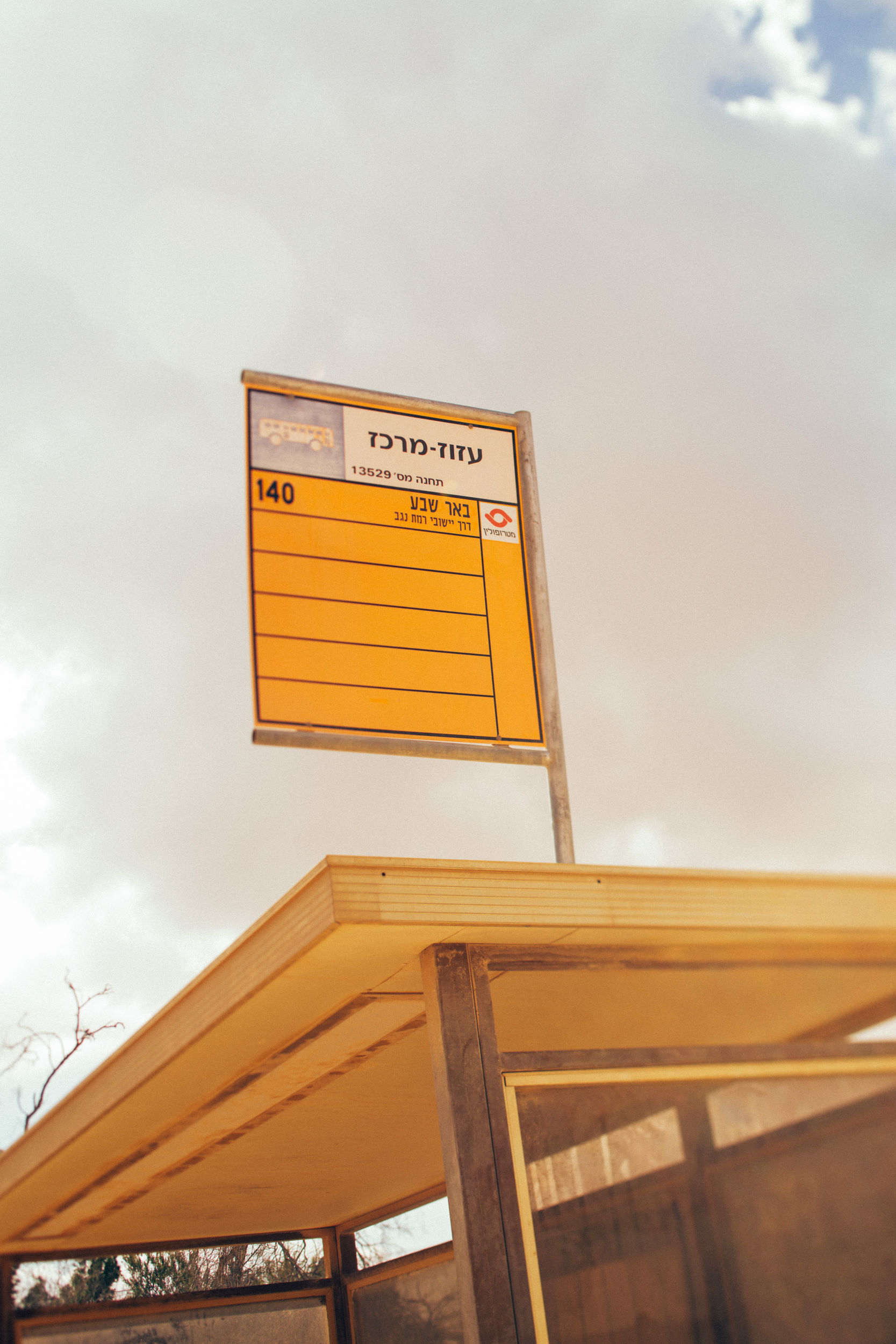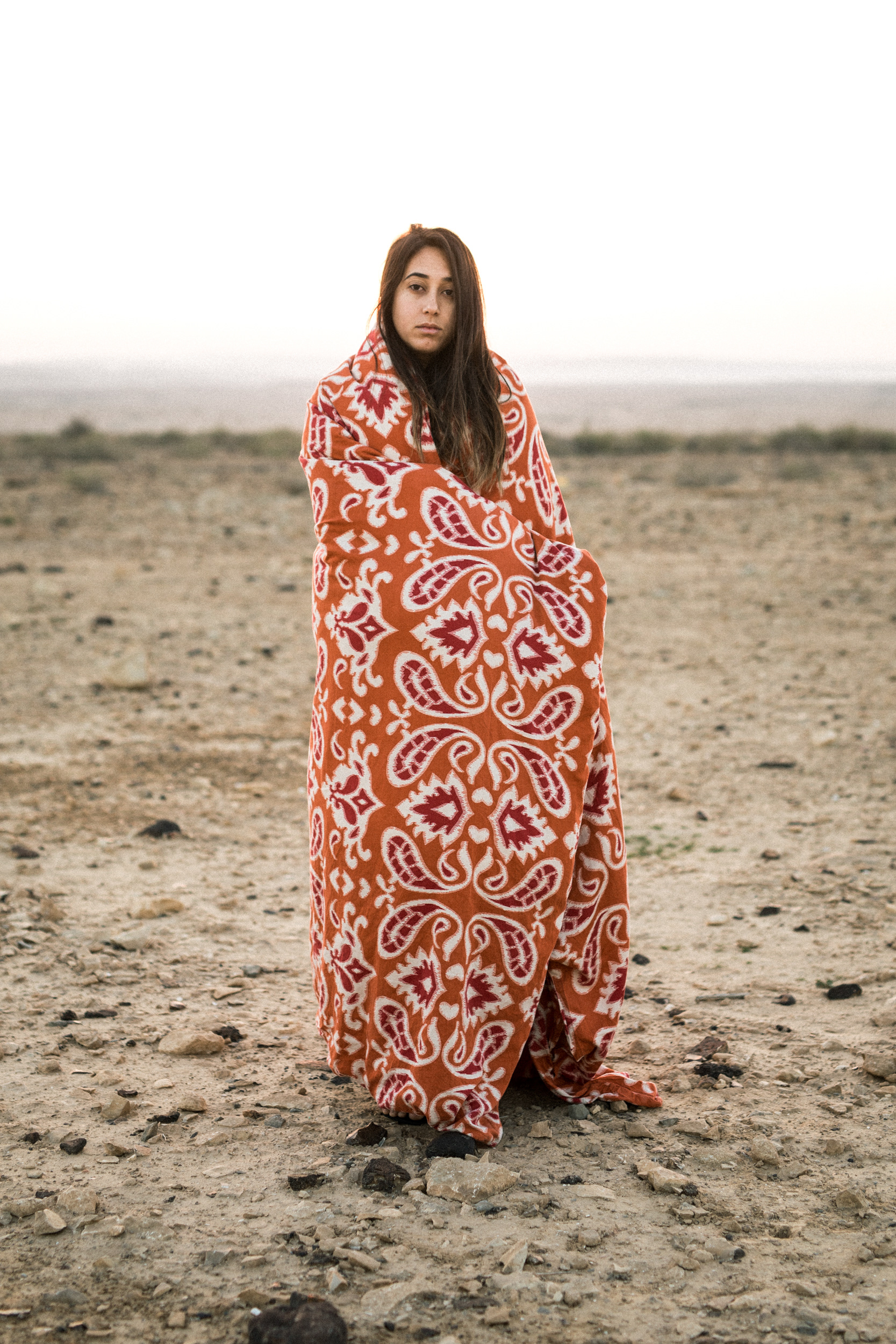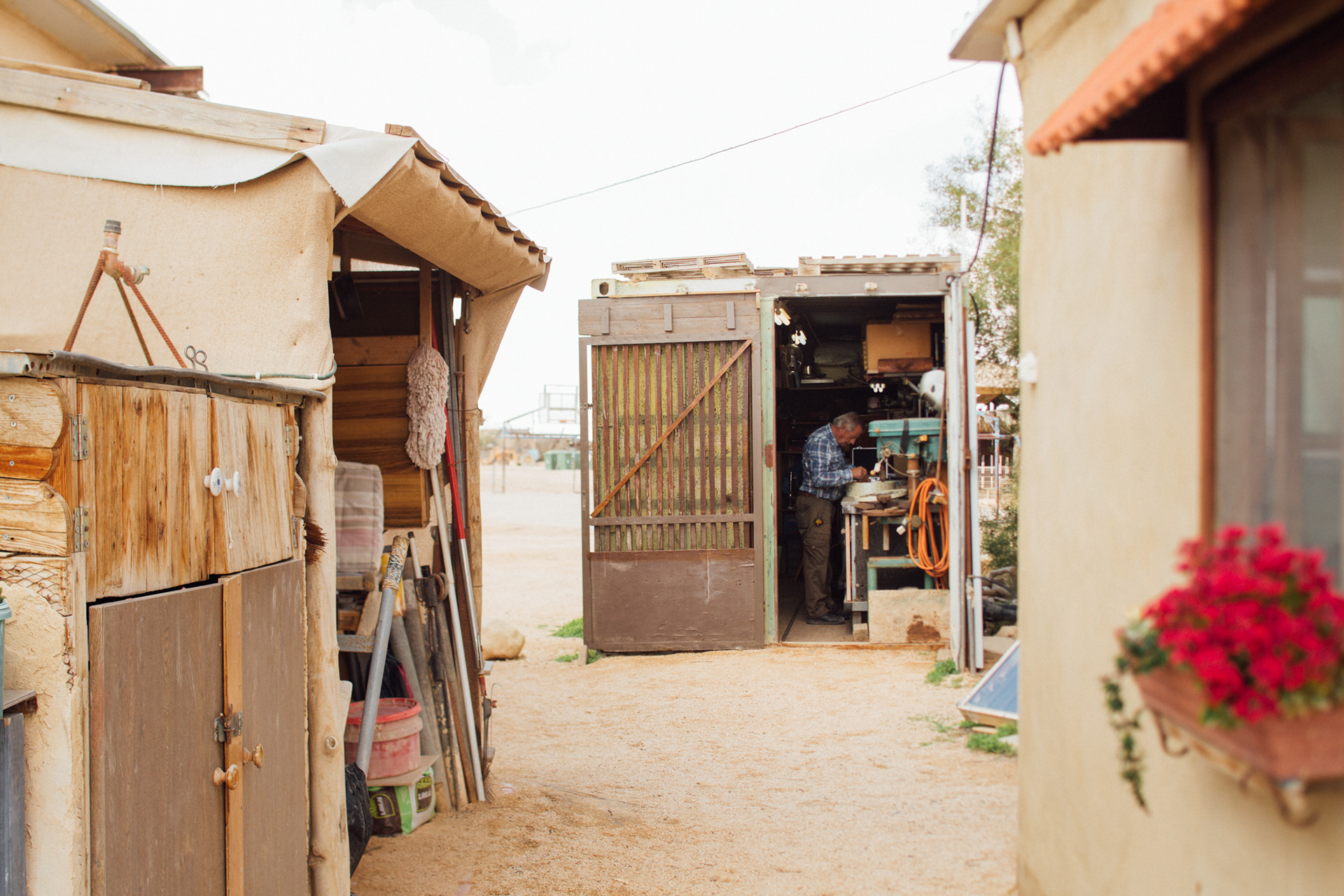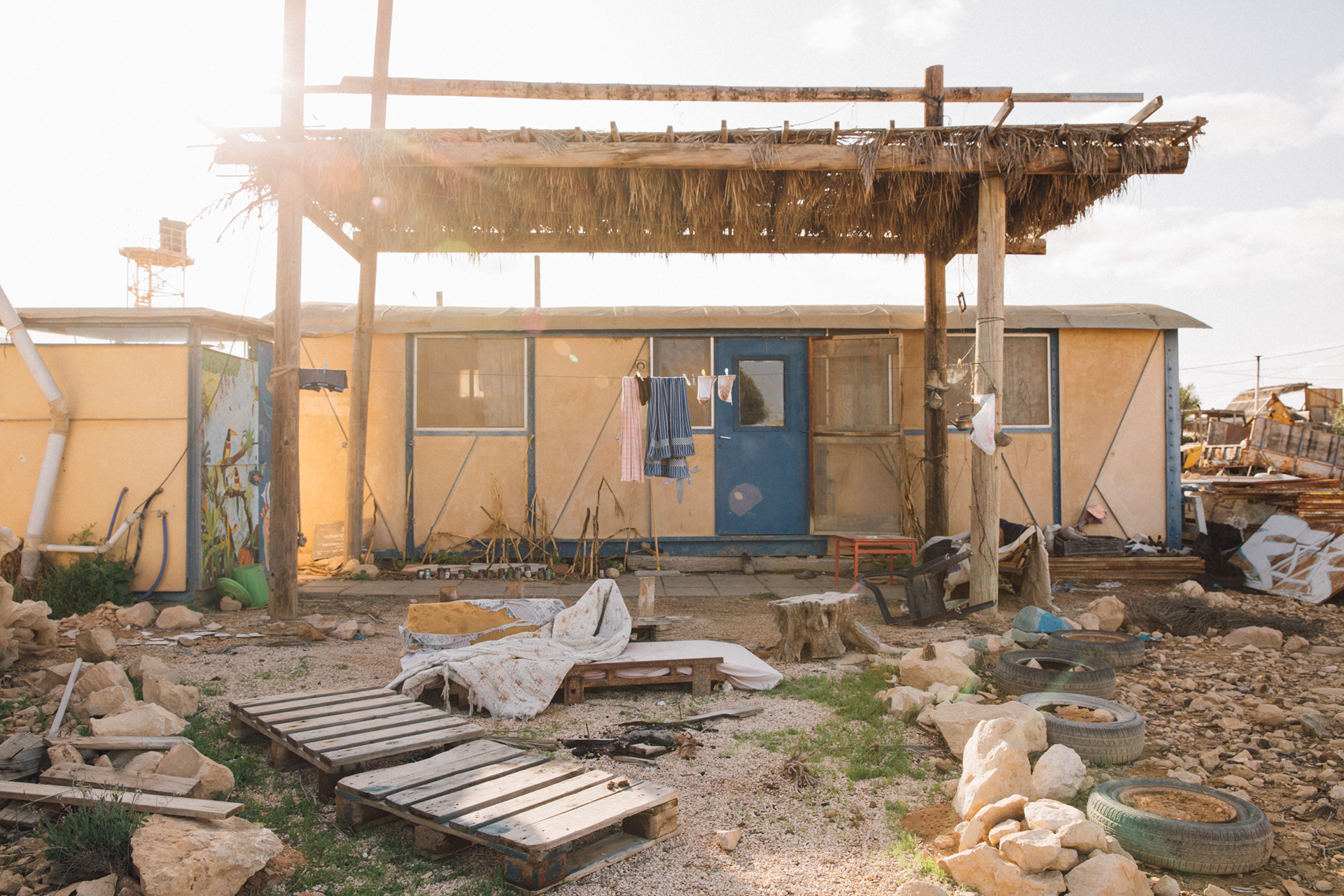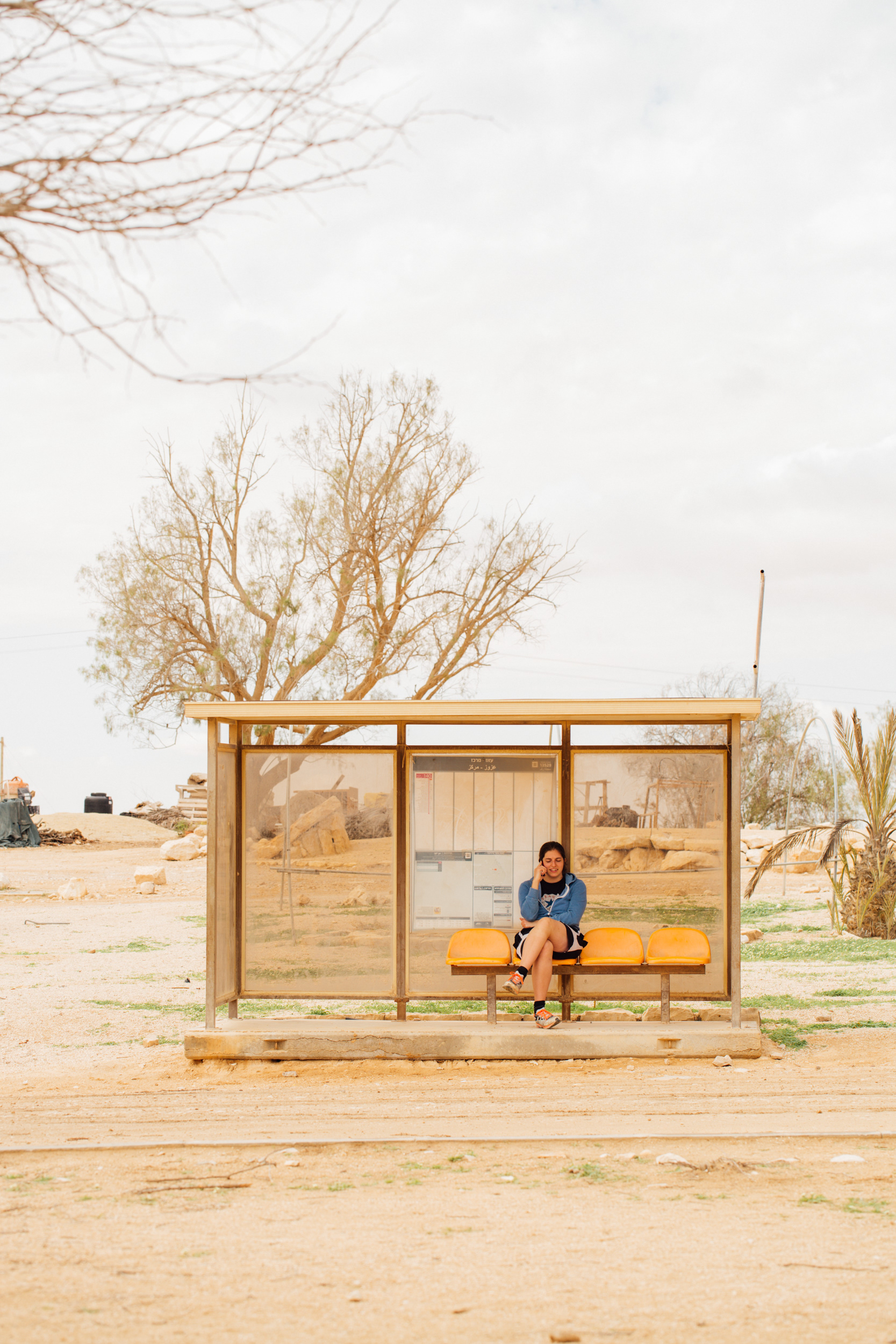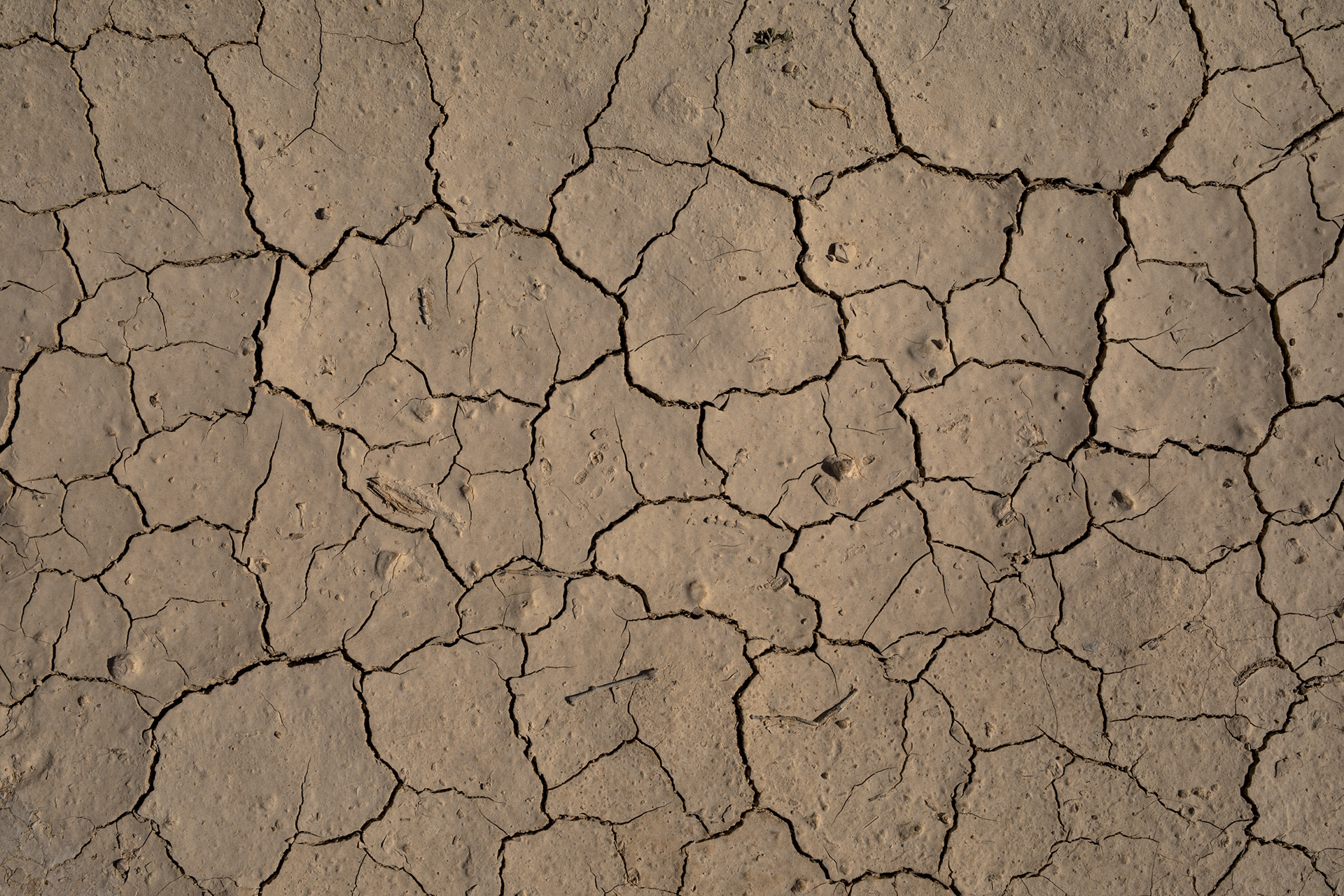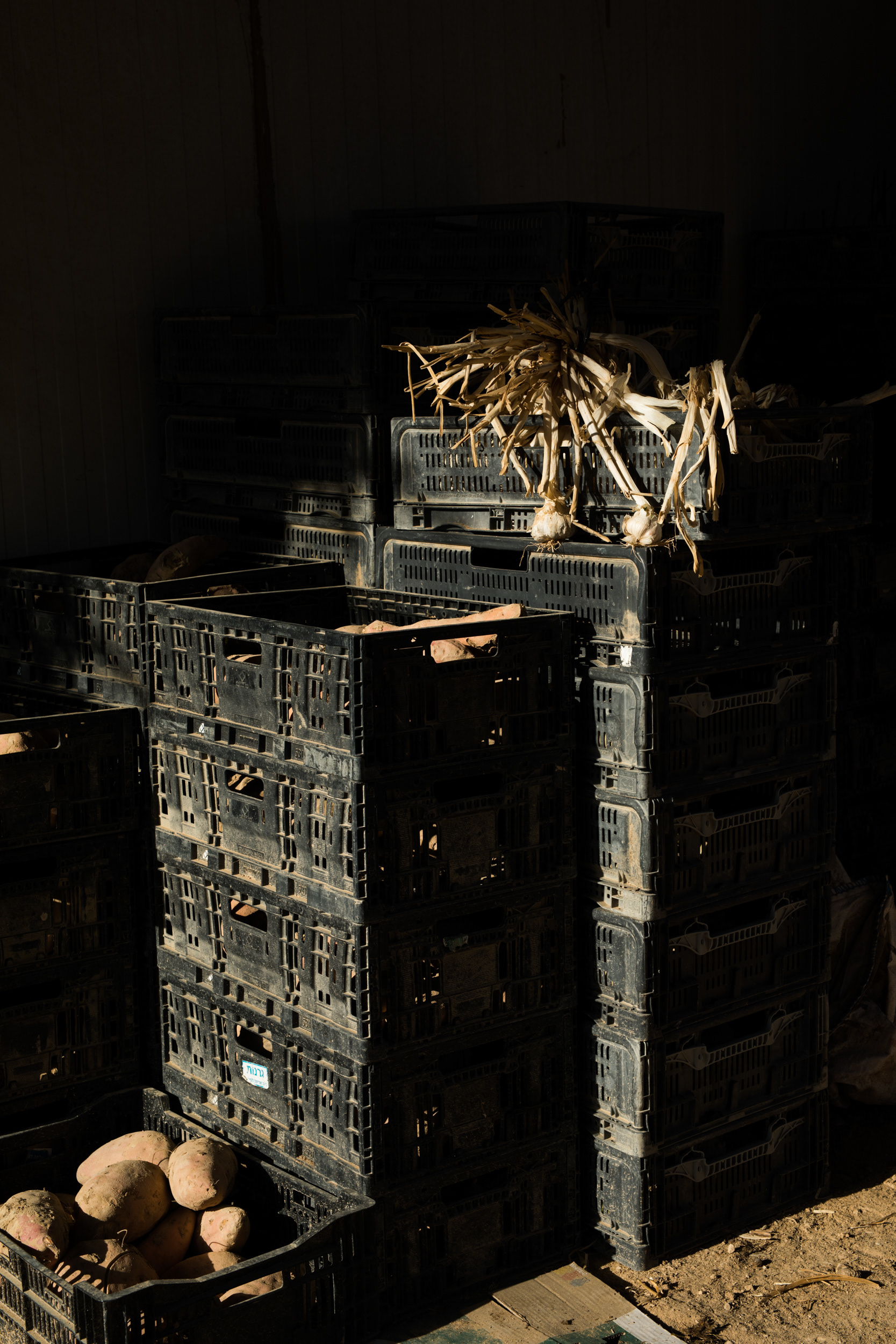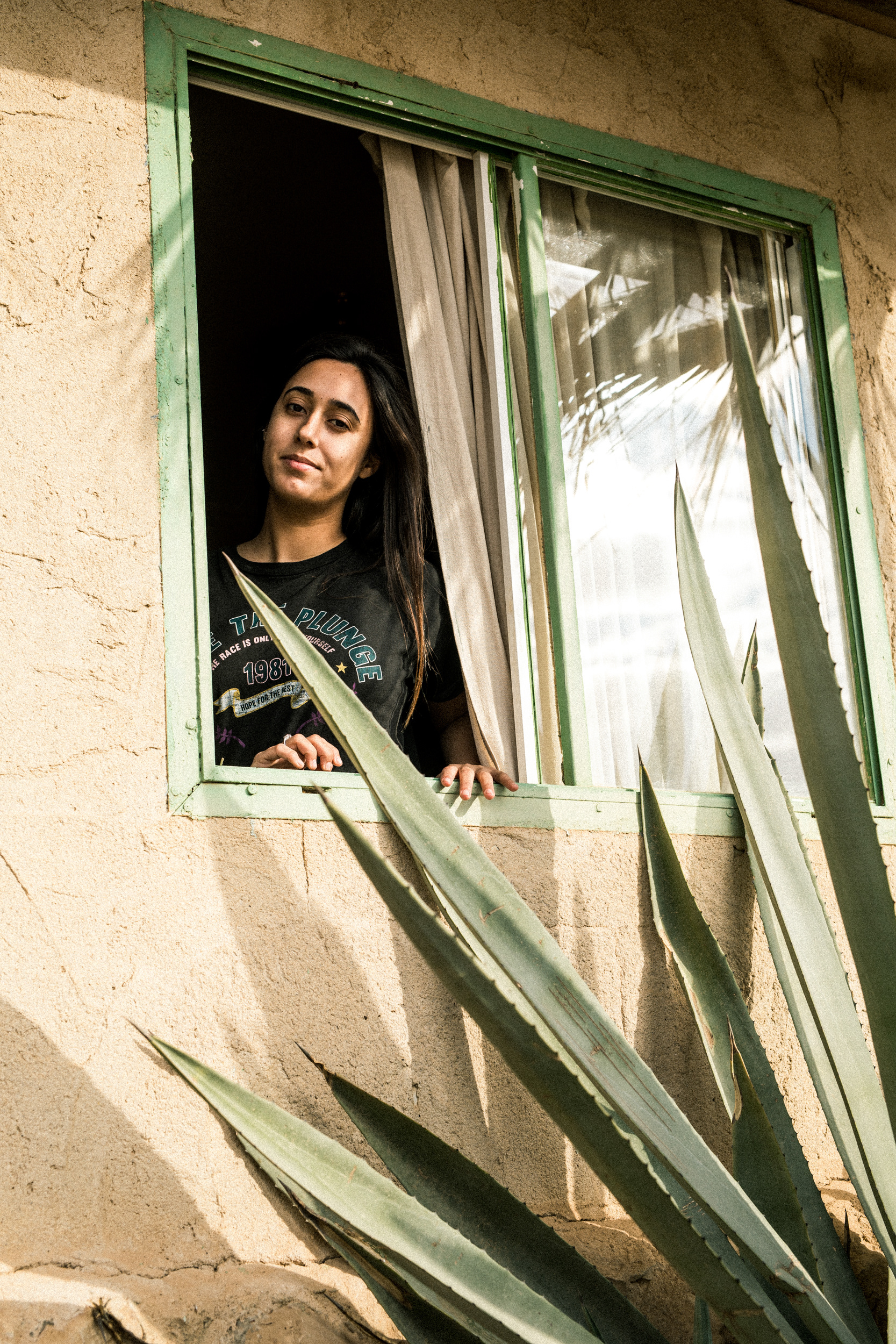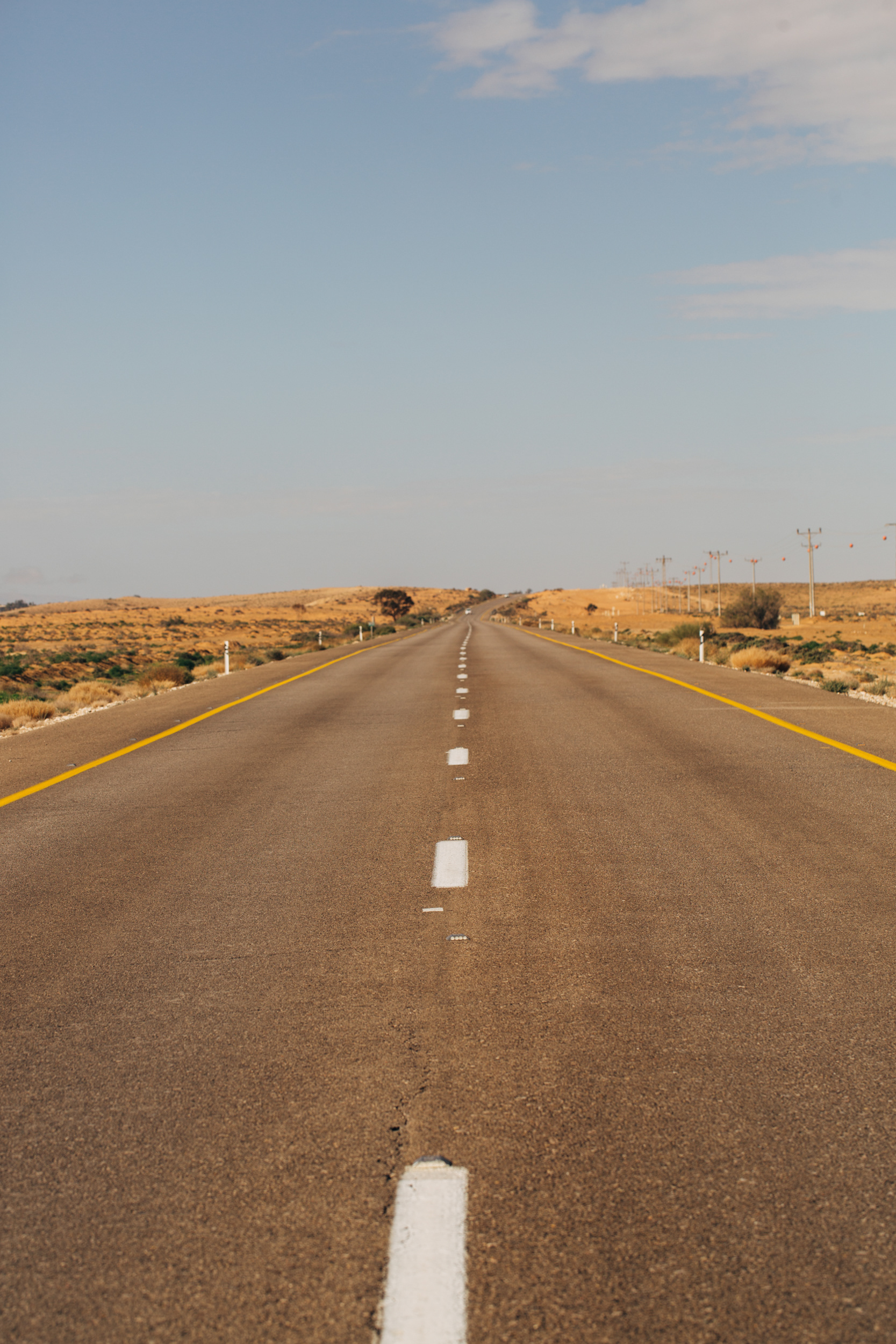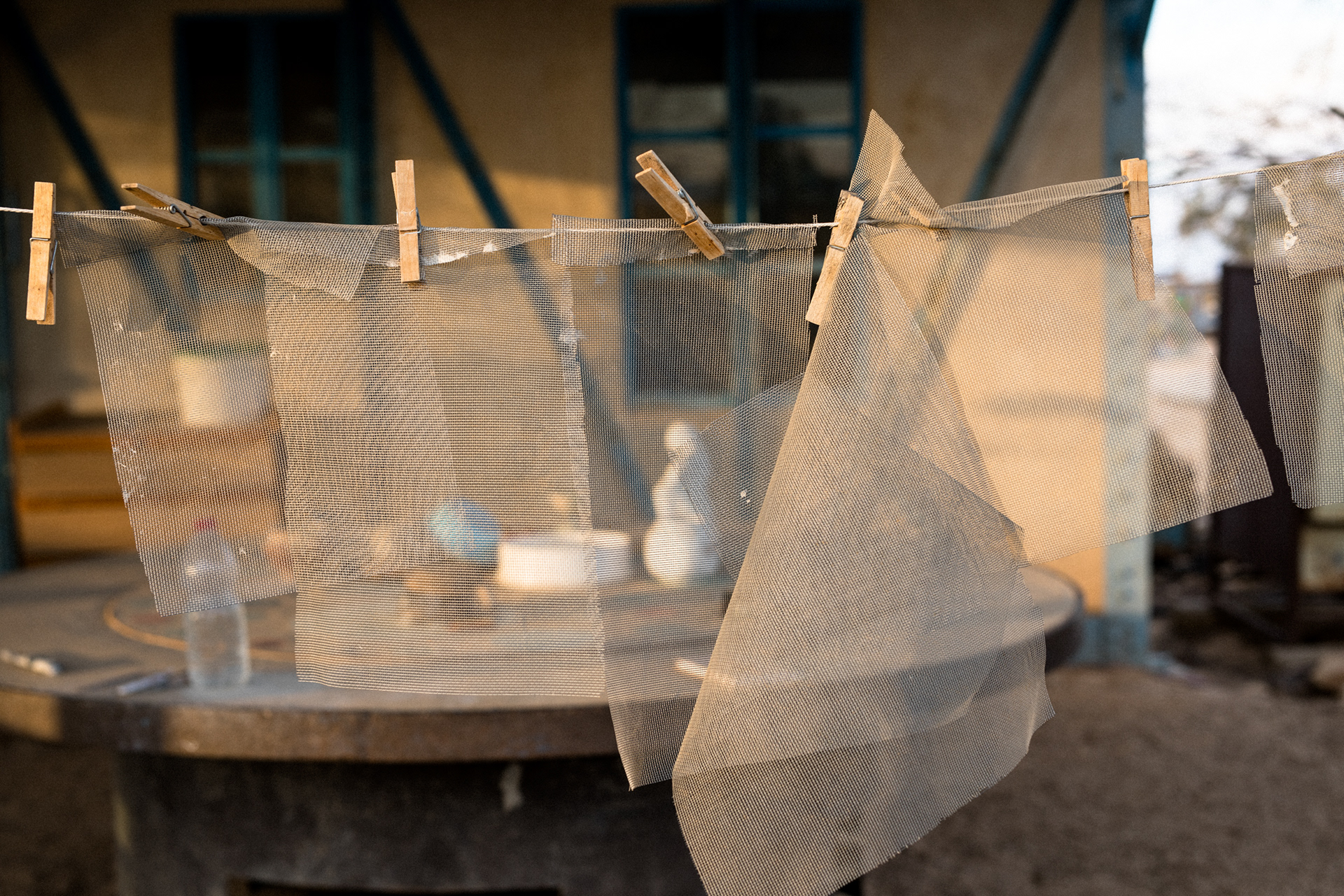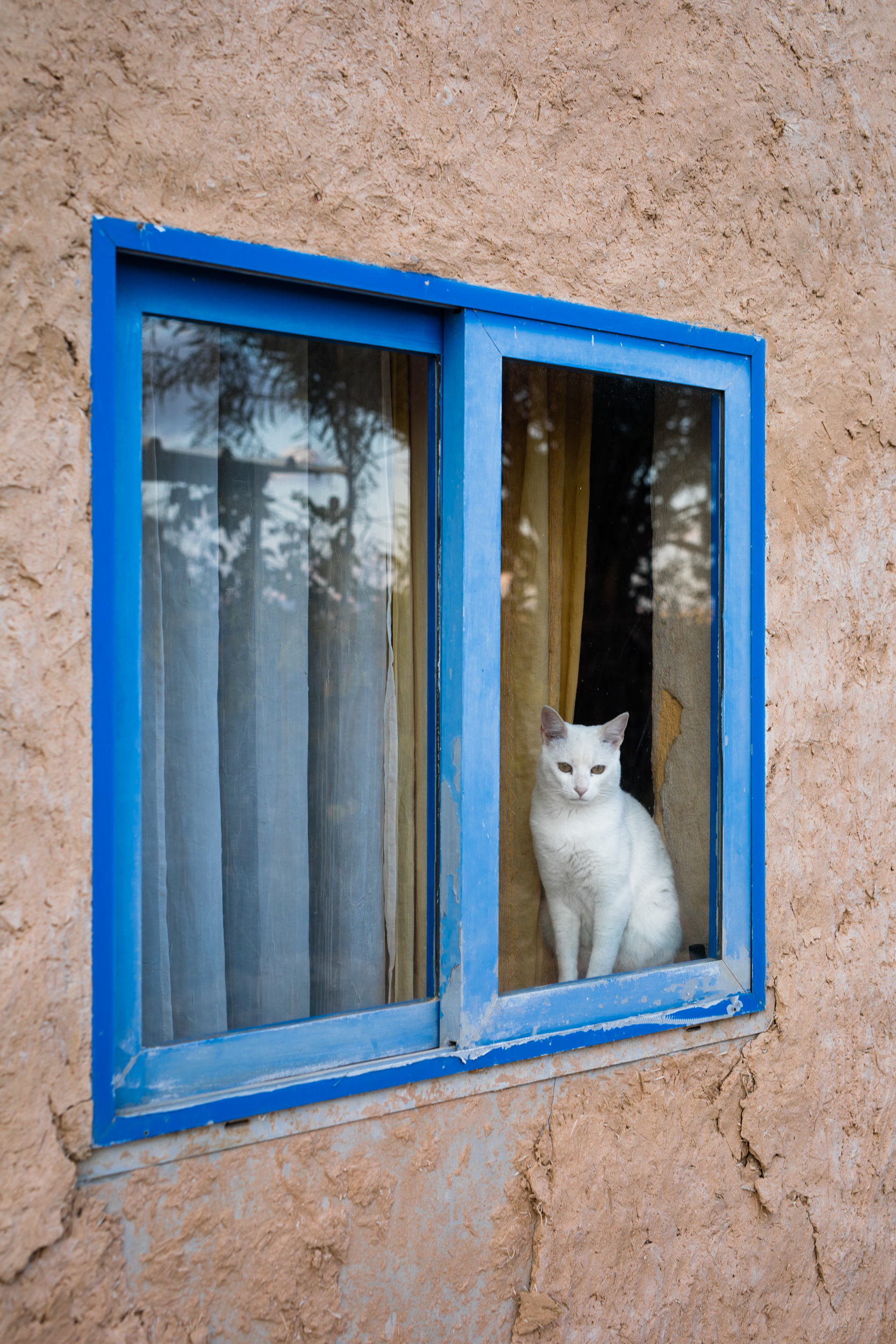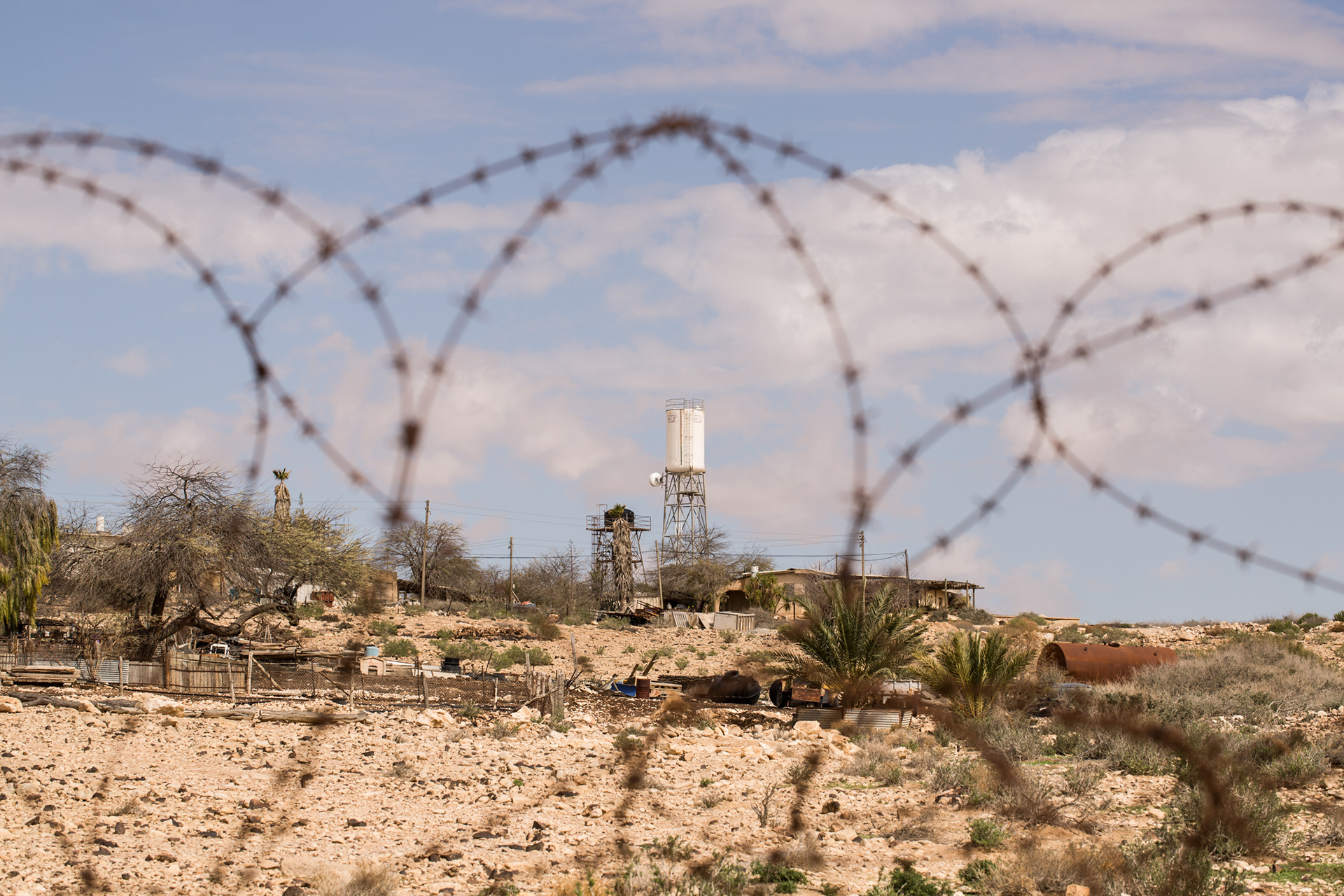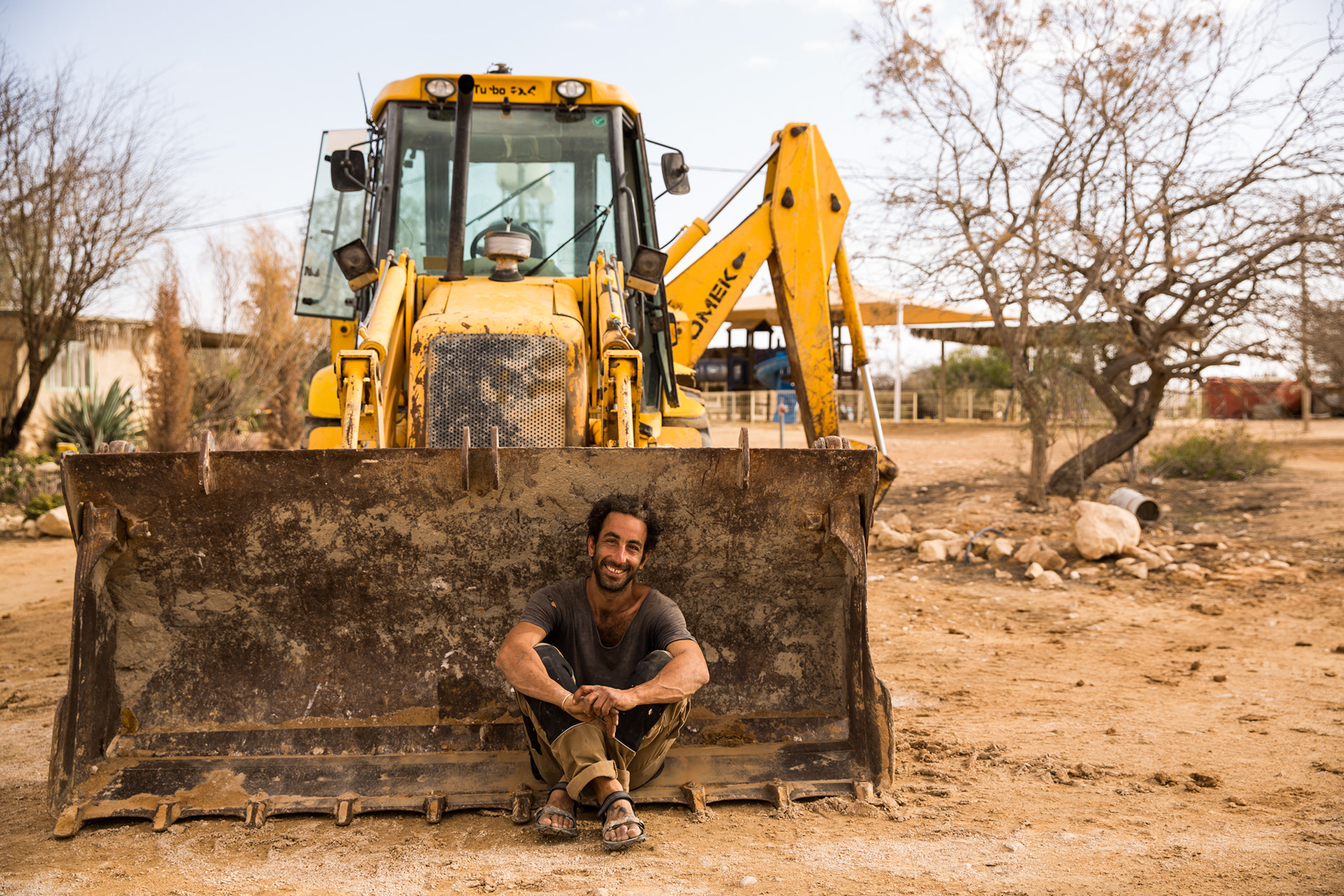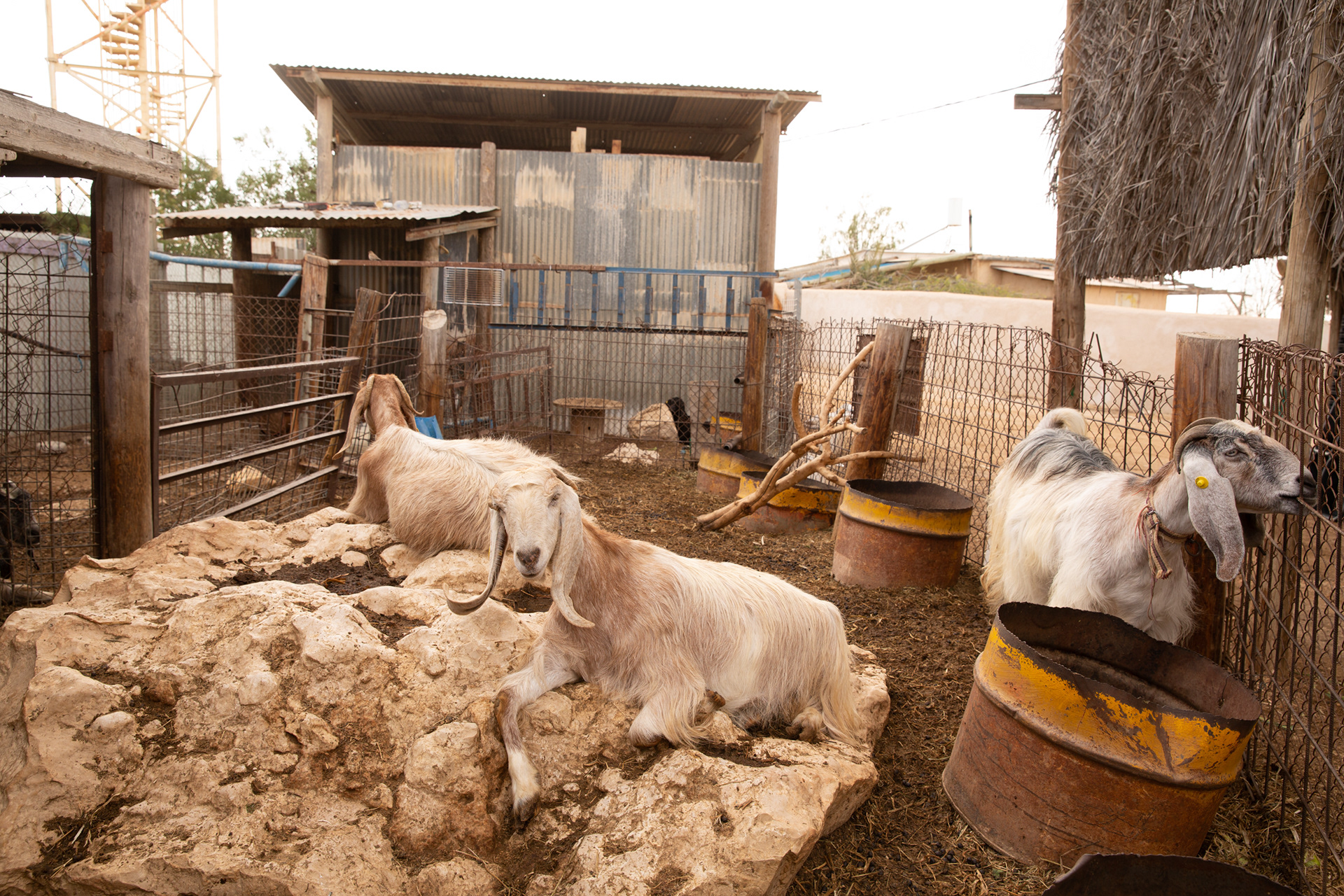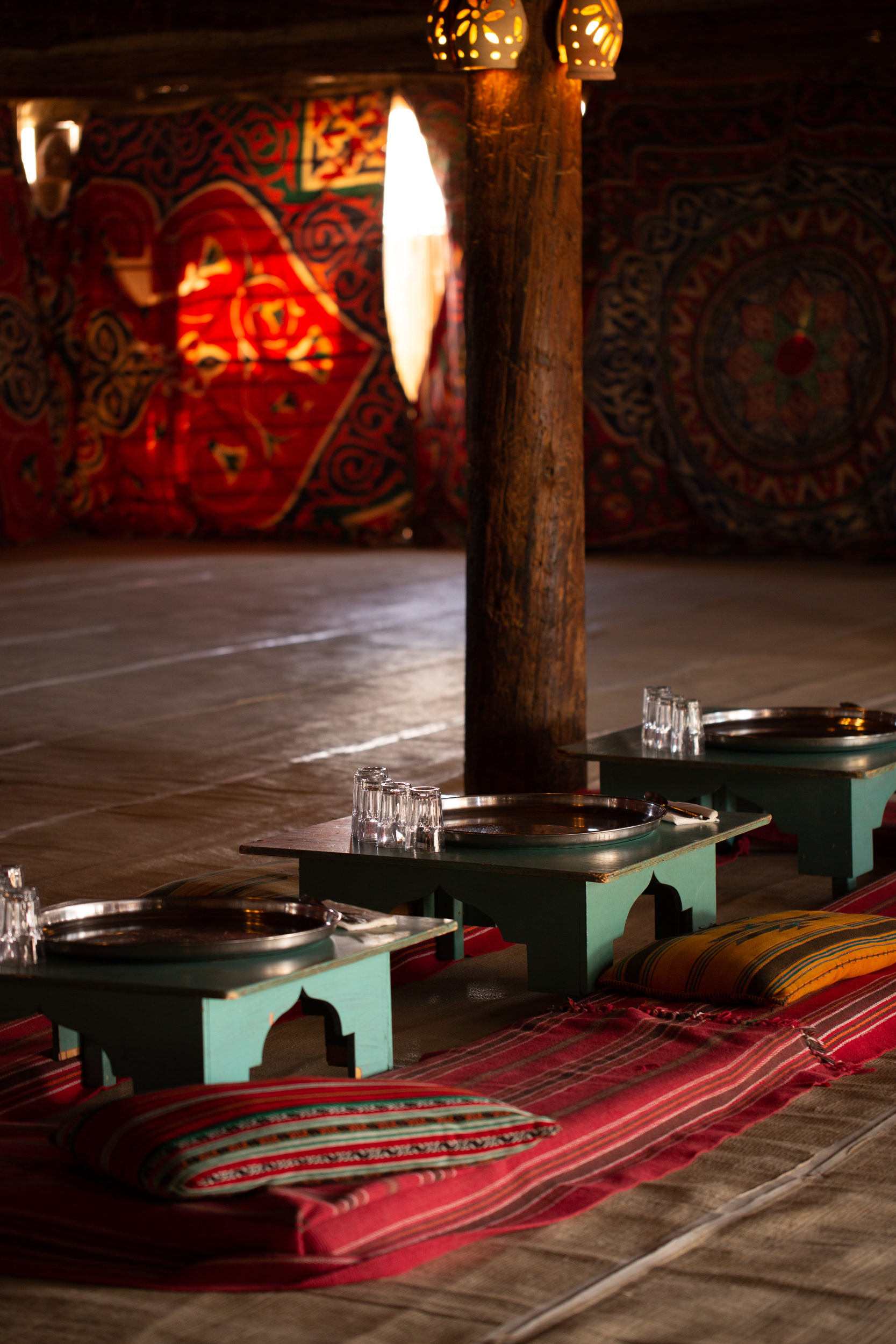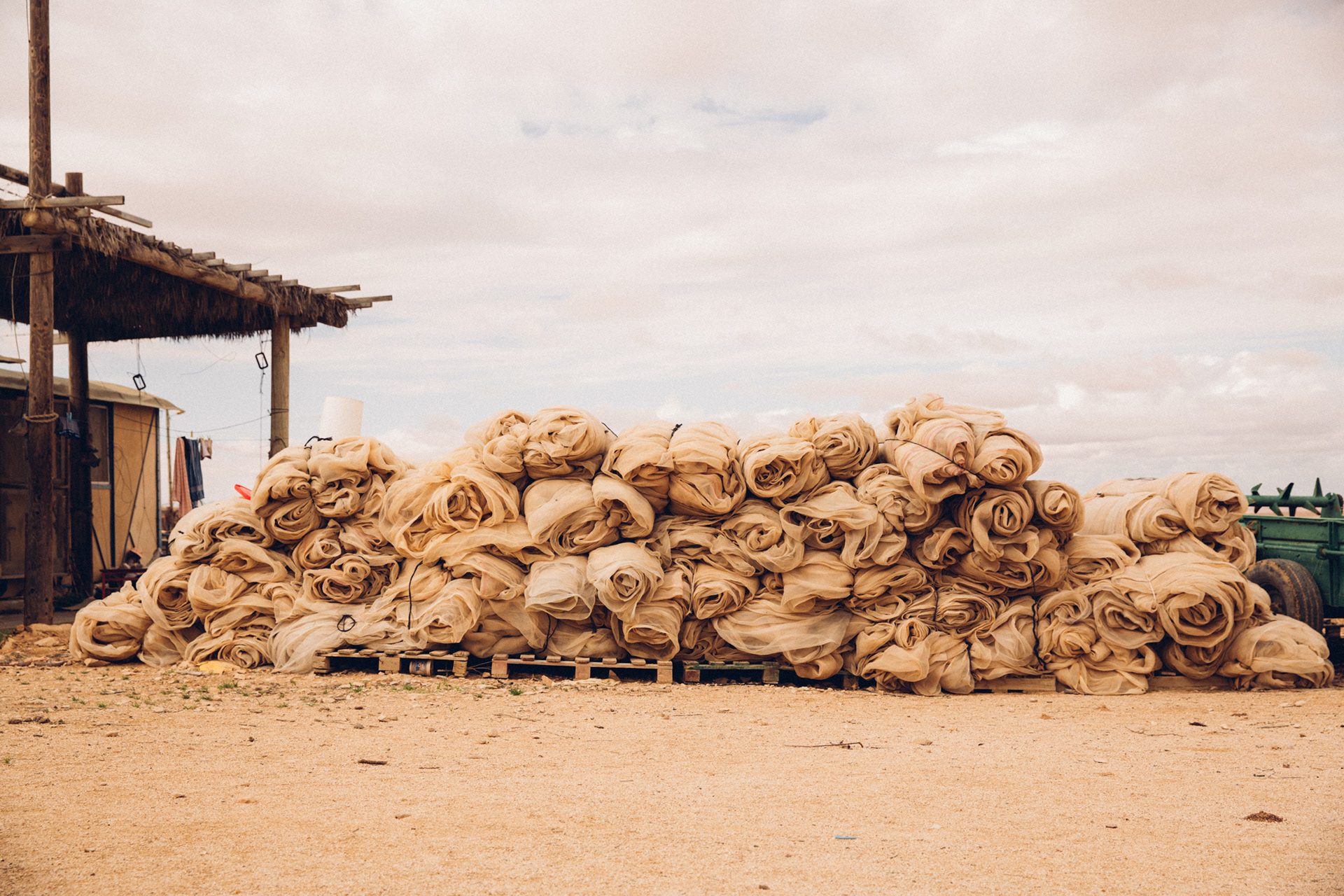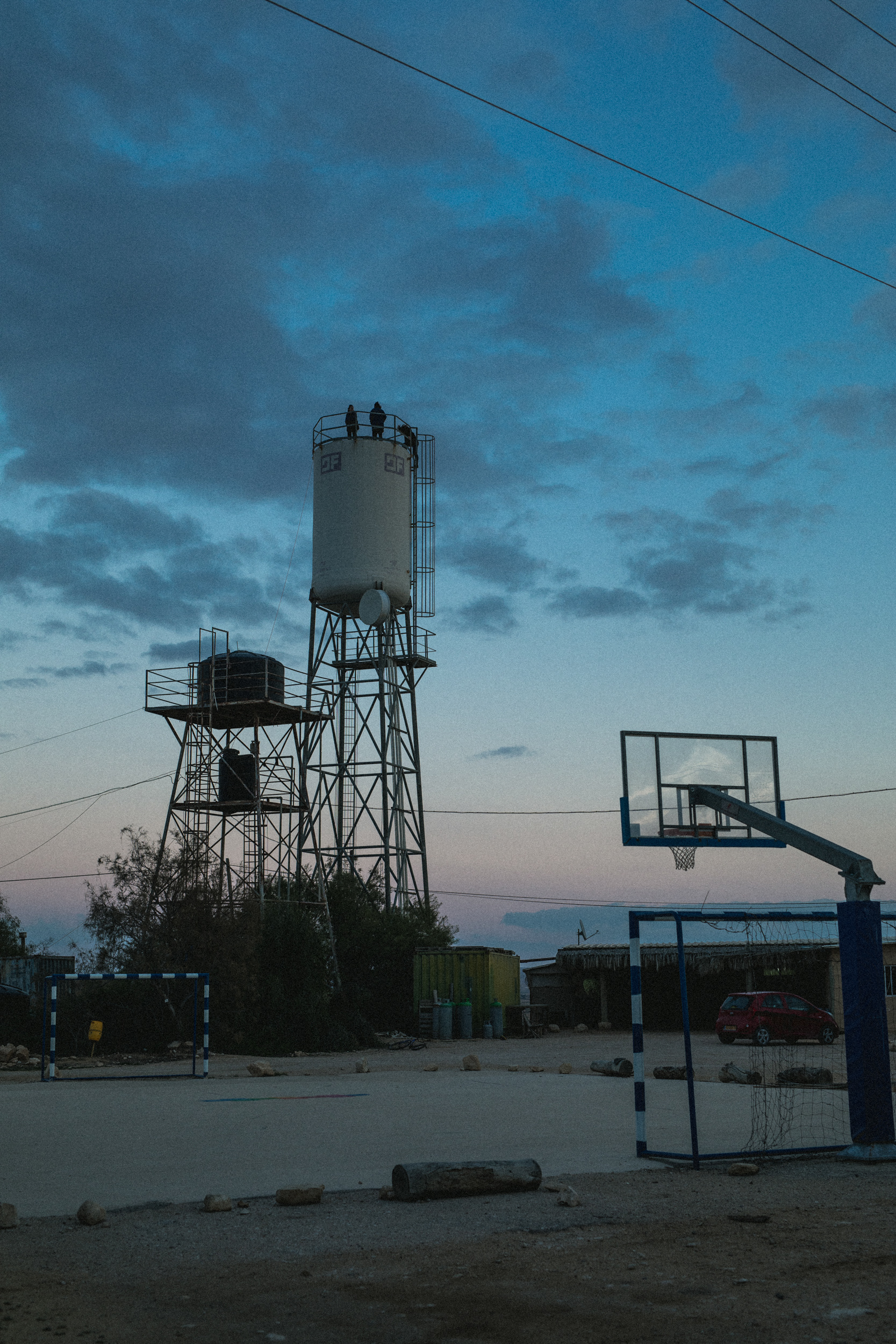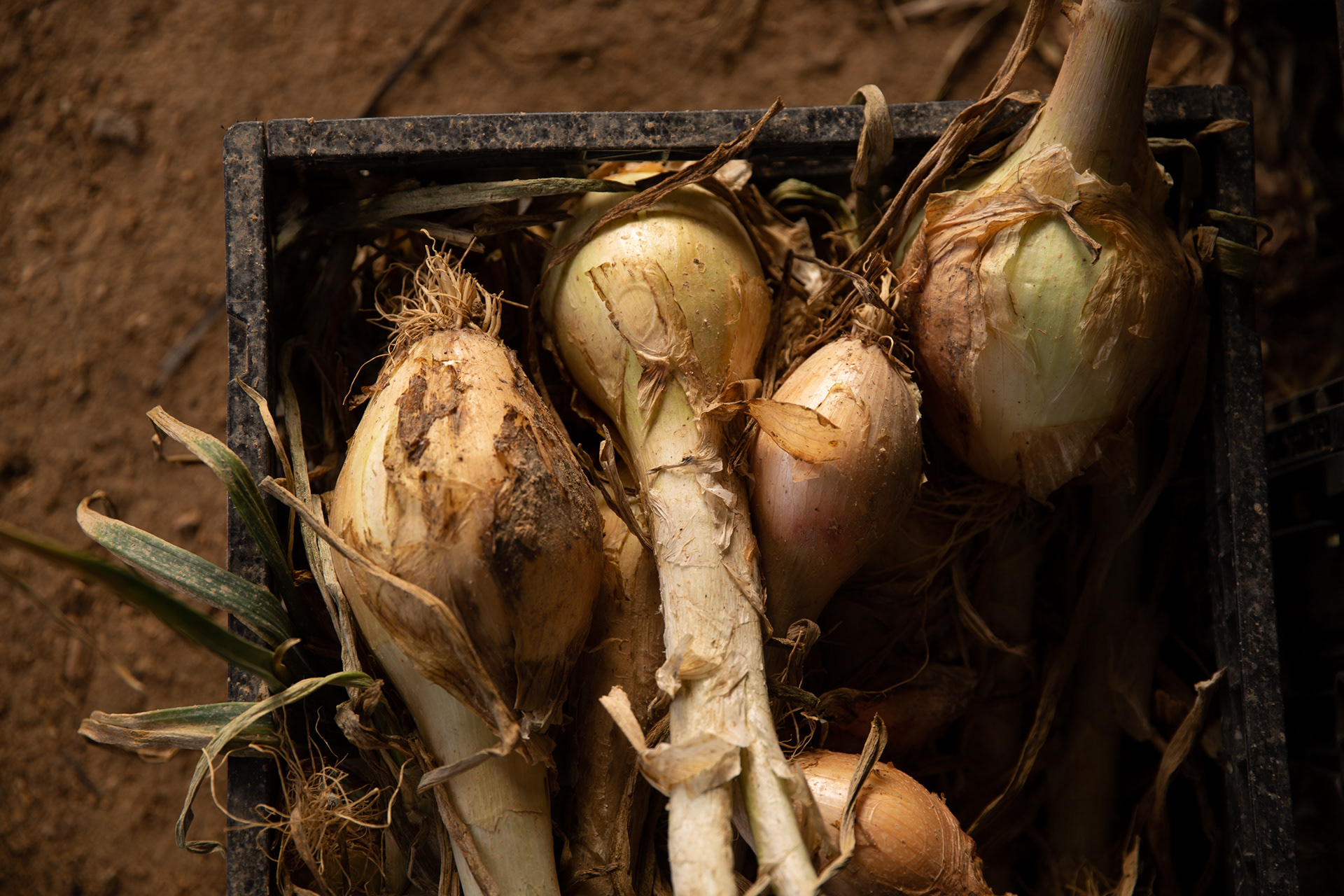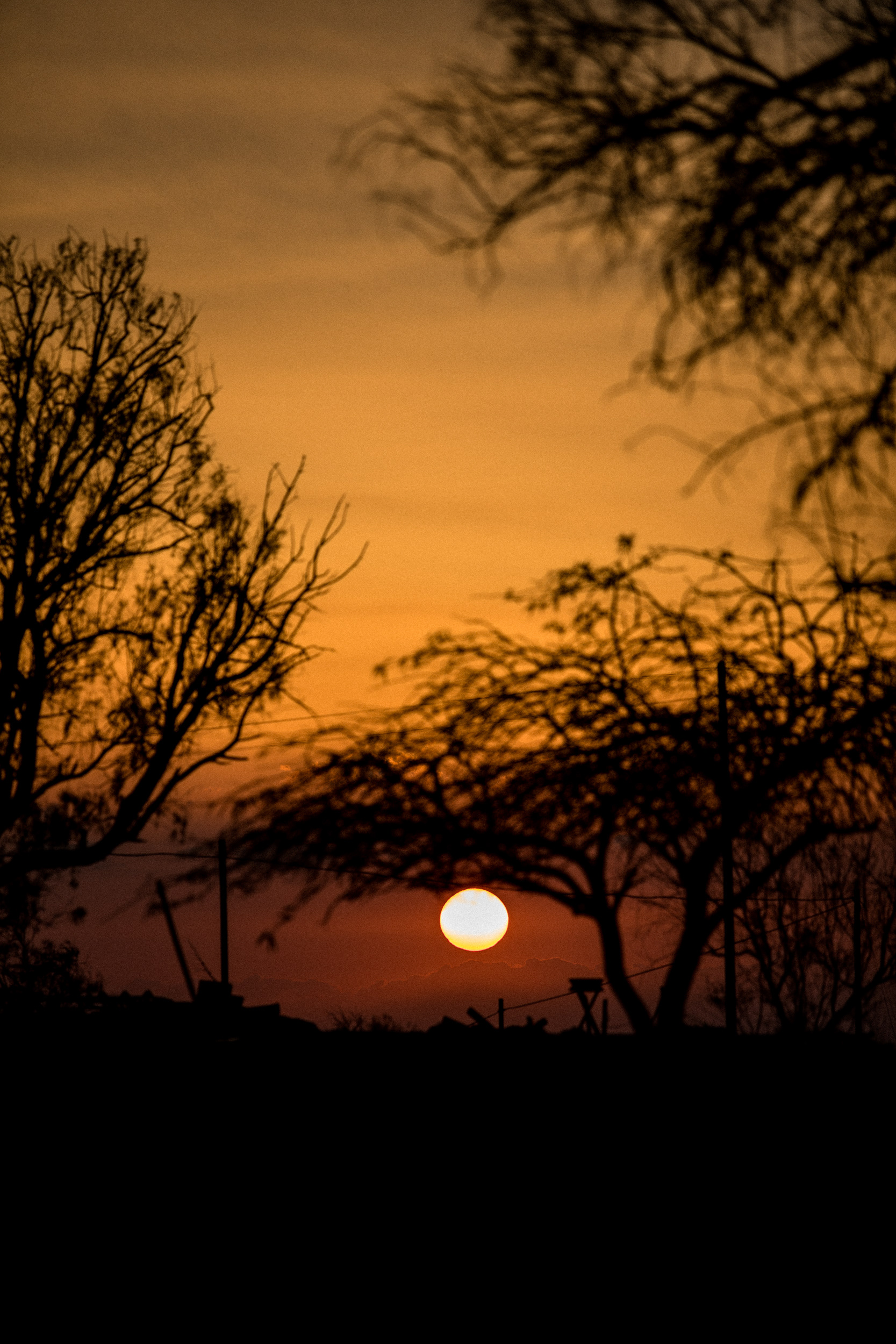Ezuz is a community settlement in the Negev on the Sinai border, about twenty minutes' drive from Nitzana Border Crossing, surrounded by rocky terrain on every side. It seems like one of the most isolated places in Israel today, almost an hour away from Beer Sheba, the nearest major city.
This year, our regular family vacation in the settlement took on a different meaning.
With everything that's going on in the world, and nowadays in Israel too, with the infectious virus that has come to us from the Far East, the word 'isolated' took on a slightly more threatening shape.
This year, our regular family vacation in the settlement took on a different meaning.
With everything that's going on in the world, and nowadays in Israel too, with the infectious virus that has come to us from the Far East, the word 'isolated' took on a slightly more threatening shape.
Like every year, we travel at the end of winter to relax in one of the town's lodges, where about 16 families who chose to leave the exhausting and tiring life of the big city, live an exemplary life on the perturbed border.
In the past, not long before the Sinai War, Ezuz used to be a Nahal (pioneer combatant youth) settlement designed to strengthen the military presence in the area and to make a political statement. Today, more than 60 years later, it seems that the last thing the settlement's inhabitants want is to fight.
The place moves along serenely and appears as a combination of a commune and an American Western town, only without guns.
This year, as opposed to previous years, we lodged outside the settlement, in the "Shambla" cottages located on the slope of a small mound, northwest of the settlement, above the Be'erotaim River, with a terrace facing an amazing desert landscape.
This year, as opposed to previous years, we lodged outside the settlement, in the "Shambla" cottages located on the slope of a small mound, northwest of the settlement, above the Be'erotaim River, with a terrace facing an amazing desert landscape.
Although we were outside of the settlement, we didn't miss the morning walk in the settlement and the good, fresh breakfast served at 'Cafe Ezuz', a small design coffee house, reminiscent of the Sinai Peninsula, only without the sea, with delicious food and the caress of a deceiving (less so in the desert), late February sun.
On our regular round, we come across the wild and wandering dogs of the locality, and familiar faces like Zigo, who is always to be found in the same position, in his makeshift workshop outside the house, and his wife Judith who prepares typical ethnic jewelry, in the most southern house of the settlement, whose door is always joyfully and patiently open.
On our regular round, we come across the wild and wandering dogs of the locality, and familiar faces like Zigo, who is always to be found in the same position, in his makeshift workshop outside the house, and his wife Judith who prepares typical ethnic jewelry, in the most southern house of the settlement, whose door is always joyfully and patiently open.
Most of the inhabitants' occupation is tourism or arts. Although they have chosen to live alone and far away, they are gracious and love to host.
We spent the rest of our vacation sitting on the balcony till the wee hours of the night playing card and box games, reading books, and watching the unique desert sunset, accompanied by the howls of the jackals and the shining star twinkles that look so good, far from the big city's lights.
The desert silence lets you momentarily disengage from the race of life, and connect to yourself, breathe, relax and gather renewed strength before going back to routine.
Perhaps, especially these days, when it seems the world is going crazy, when a plague is raging outside and the end of the world is hovering over us like a horror movie, travelling to seclude oneself in the desert, and merge with the primordial nature, is not such a bad idea at all…
The desert silence lets you momentarily disengage from the race of life, and connect to yourself, breathe, relax and gather renewed strength before going back to routine.
Perhaps, especially these days, when it seems the world is going crazy, when a plague is raging outside and the end of the world is hovering over us like a horror movie, travelling to seclude oneself in the desert, and merge with the primordial nature, is not such a bad idea at all…
